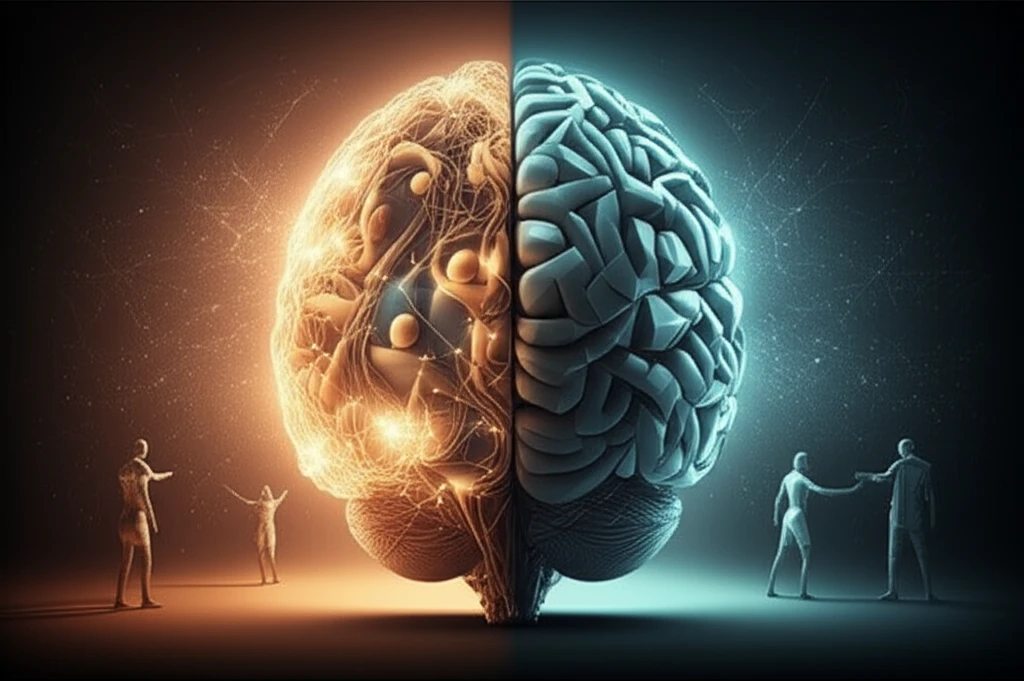
Unlocking the Secrets of Human Behavior: How Our Brains Decide Between Kindness and Control
"Groundbreaking research reveals the psychological forces that shape our choices, from cooperation to punishment."
Imagine a world where understanding human behavior was as simple as flipping a switch. What if we could pinpoint the exact triggers that make us kind, cooperative, or, conversely, inclined to punish and exert control? For years, economists have theorized that our choices are based on consistent preferences, but a revolutionary study challenges this view, unveiling the complex interplay of motives that shape our actions.
This research, published in Scientific Reports, dives deep into the psychological forces that drive our economic and social behaviors. It explores how two distinct motives – 'Care' and 'Power' – can influence our decisions in different ways. Using innovative experiments, scientists have uncovered how these hidden drivers shape our tendencies toward cooperation and punishment.
This article will explore the core findings of the study, breaking down the complex science into easily digestible insights. We'll examine how the 'Care' motive promotes cooperation, while the 'Power' motive encourages behaviors related to punishment and control. Prepare to gain a fresh perspective on why we make the choices we do, and how our brains are wired for both kindness and dominance.
The Brain's Hidden Drivers: Unpacking Care and Power Motives

The study's lead researchers hypothesized that distinct psychological motives, like 'Care' and 'Power,' play a significant role in our decision-making processes. 'Care,' in this context, represents the motivation to help others and foster connection. 'Power,' on the other hand, reflects the drive to control and influence our surroundings. To investigate these motives, the researchers created specific experimental conditions designed to activate each of these psychological states.
- The Care motive was associated with increased cooperation in economic games.
- The Power motive was linked to increased punishment of norm violations.
- These findings challenge traditional economic assumptions about consistent preferences.
- The research provides insights into how our brains are wired for cooperation and control.
A New Understanding of Human Nature
The study's findings have significant implications for our understanding of human behavior. They suggest that our choices are not solely determined by individual preferences but are shaped by the interplay of psychological motives and situational factors. These insights provide valuable lessons for fields such as business, policy, and education, offering innovative ways to promote cooperation, reduce conflict, and build a more equitable world. By recognizing the influence of our 'Care' and 'Power' motives, we can cultivate a deeper understanding of ourselves and create systems that foster positive social change. The research provides a more nuanced picture of human behavior, one that acknowledges our capacity for both kindness and the drive for control.
